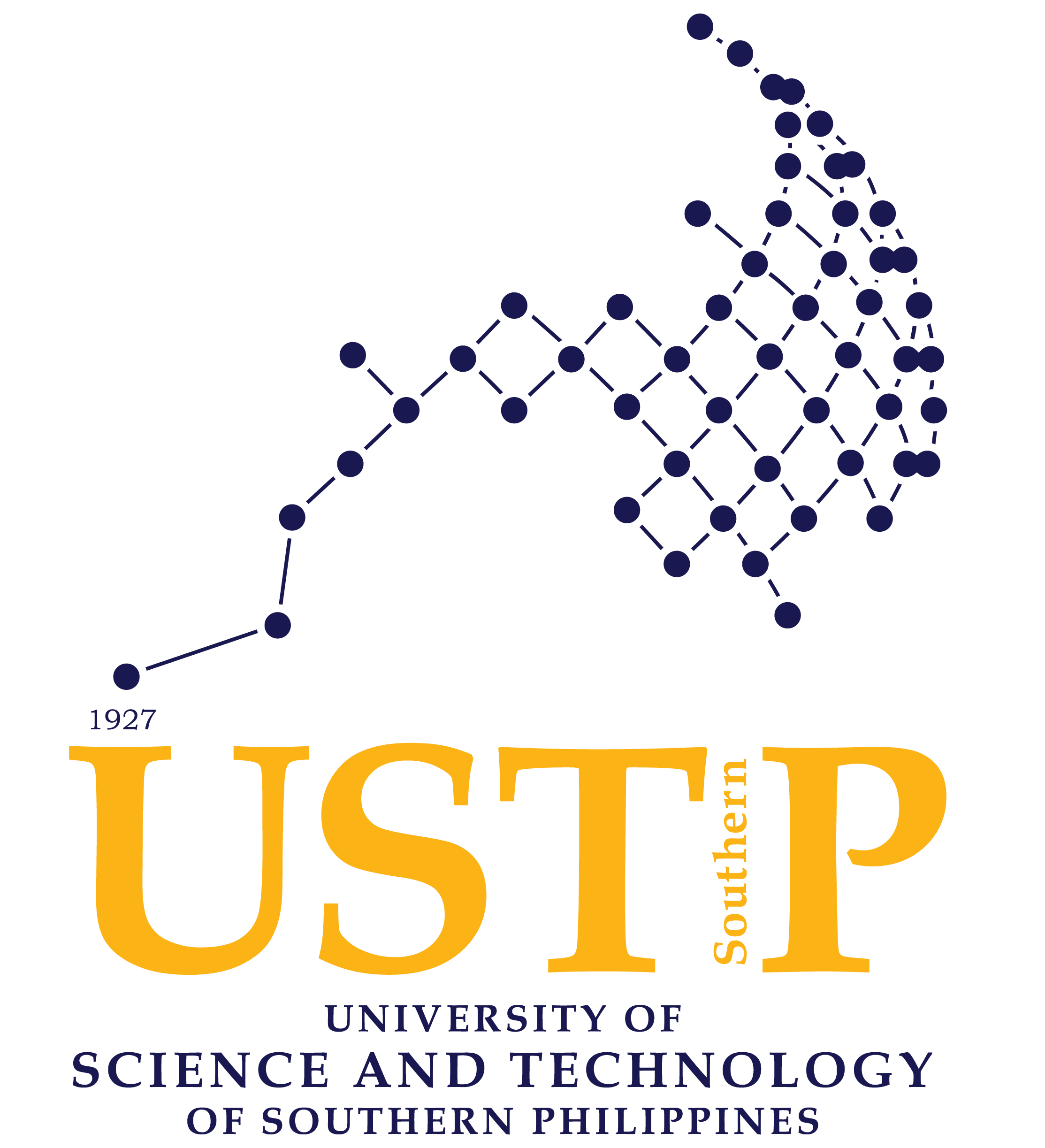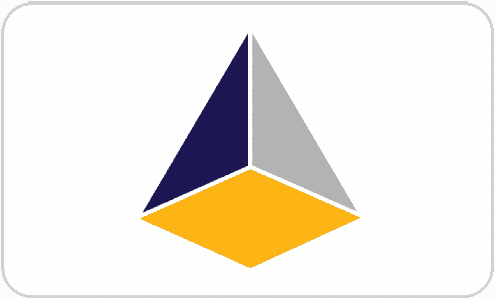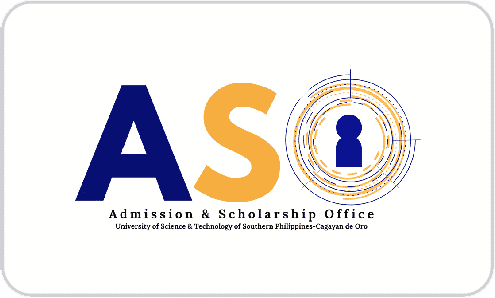ABOUT THE PROGRAM
The Bachelor of Science in Biomedical Engineering program is designed to provide an extensive foundation on engineering, biology, and medicine to improve human health. The students are given cross-disciplinary activities that integrate the engineering sciences with biomedical sciences and clinical practice to prepare them to design, create and develop devices, algorithms, and applications for solving problems in the medical field. The program addresses the need for competent biomedical engineers in industry, government, business, and the academic community.
PROGRAM OUTCOMES
a.) Apply knowledge of mathematics, sciences, engineering concepts, theories, and principles from specialized fields and allied disciplines in the abstraction, the conceptualization of engineering solutions.
b.) Identify and analyze requirements and research literature to systematically learn, select, and utilize appropriate tools to formulate solutions for complex biomedical engineering problems.
c.) Design and implement systems, components, or processes to meet desired needs with appropriate considerations for economic, environmental, social, political, ethical, public health and safety.
d.) Conduct investigation of complex biomedical engineering problems using research-based knowledge in designing and conducting experiments as well as analyze and interpret data to provide valid conclusions.
e.) Select, apply, and create appropriate methods, resources, and modern engineering and IT tools, including prediction and modeling with an understanding of the limitations, necessary for biomedical engineering practice.
f.) Apply appropriate knowledge in the assessment and evaluation of subject matters pertinent to social, cultural, and ethical responsibility relevant to professional biomedical engineering practice.
g.) Assess and evaluate the impact and sustainability of biomedical engineering practice in the solutions to societal and environmental problems.
h.) Apply professional virtues and principles with a strong commitment to moral and ethical responsibilities including respect for diversity during the course of biomedical engineering practice.
i.) Demonstrate the ability to effectively convey ideas and information within the engineering profession and the general community when addressing complex engineering issues and activities, including unambiguous interpretation of data and instructions.
j.) Demonstrate capability to work competently in the context of a diverse team within a trans-disciplinary and multi-cultural environment as a member or/and an inspiring leader with effective management skills to accomplish a team’s common goal.
k.) Engage in independent and life-long learning with considerations for contemporary issues and current trends for continuous self-improvement in engineering advancement and continual growth for the local and global community.
l.) Demonstrate knowledge and understanding of engineering and management principles, economic decision-making, and technopreneurship skills in a trans-disciplinary environment.
m.) Participate in the generation of new knowledge and advancement of existing knowledge, in research and development projects, and in technopreneurial activities in the areas of biomedical instrumentation and healthcare information technology aligned to regional and national development agenda or goals.
PROGRAM EDUCATIONAL OUTCOMES (PEO)
1. Globally competent in practicing biomedical engineering and contributing to the
advancement of the discipline through innovations, solutions, and services in response to
the needs of the industry, government, and academe.
2. Adept in continuing professional development with strong moral values and are committed
to life-long learning for the protection of the environment, public welfare, and safety towards
improvement of quality of life.
3. Proficient in research and innovation integrated with technopreneurship for society’s
continual progress.
CAREER OPPORTUNITIES
- Biochemical Engineer
- Biomaterial Engineer
- Biomedical Engineer
- Bioengineering Researcher
- Rehabilitation Engineer
- Manufacturing Engineer
- Biomechanical Engineer
- Bio Instrumentation Engineers
- Field Services Biomedical Engineer
- Genetic Engineer
- Tissue Engineer
- Quality and Maintenance Engineers
- Biomedical DSP Engineer
- Clinical Engineer
- Dialysis Engineer
- Electronics Technician
CURRICULUM AND FORMS
DEPARTMENT OF BIOMEDICAL ENGINEERING

Bachelor of Science in Biomedical Engineering
- Dr. Lory Liza D. Bulay-og (Chairperson)
- Engr. Paika L. King
















